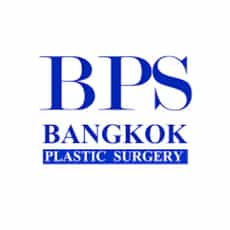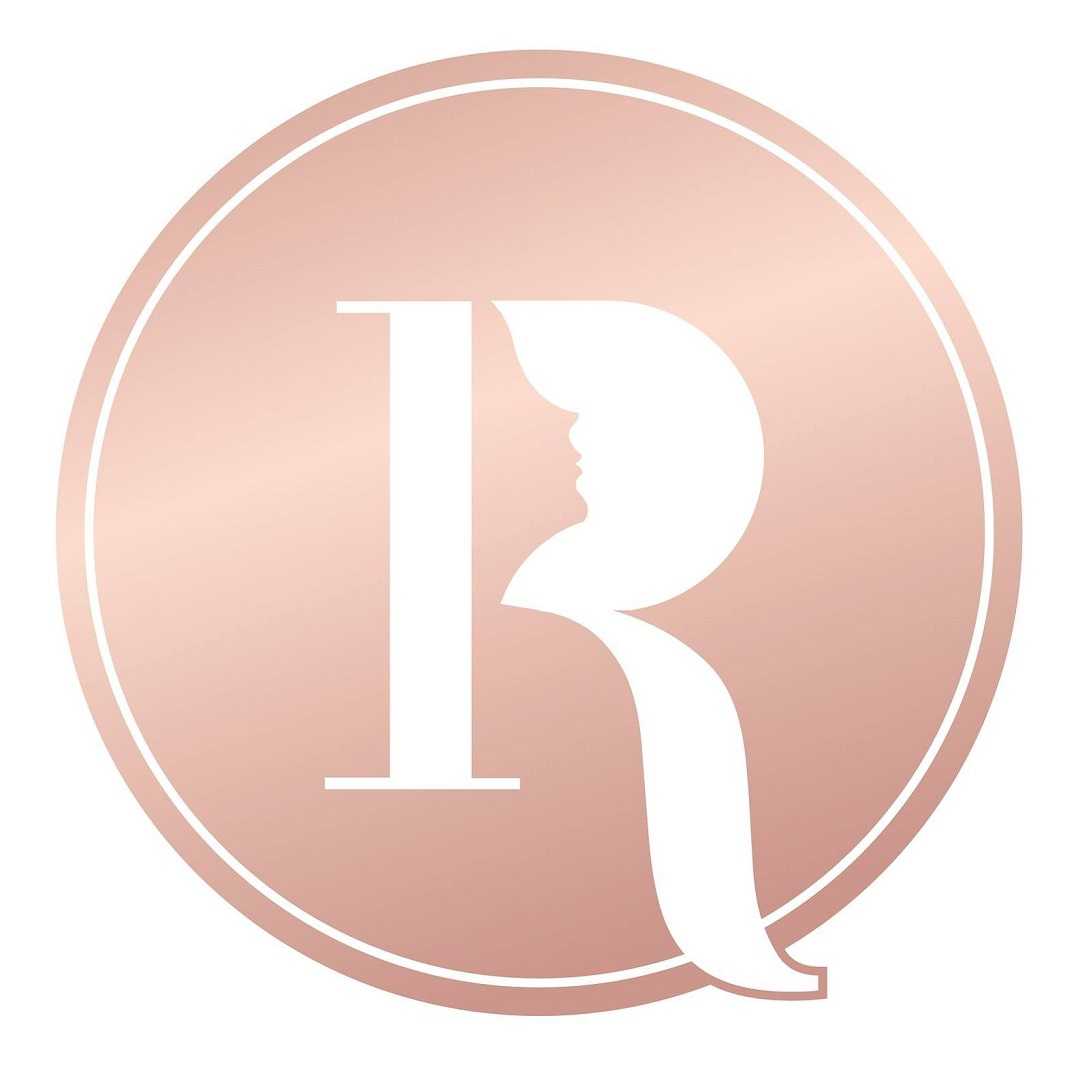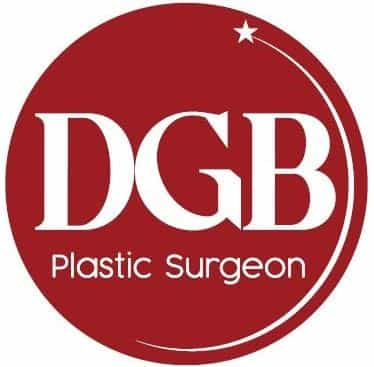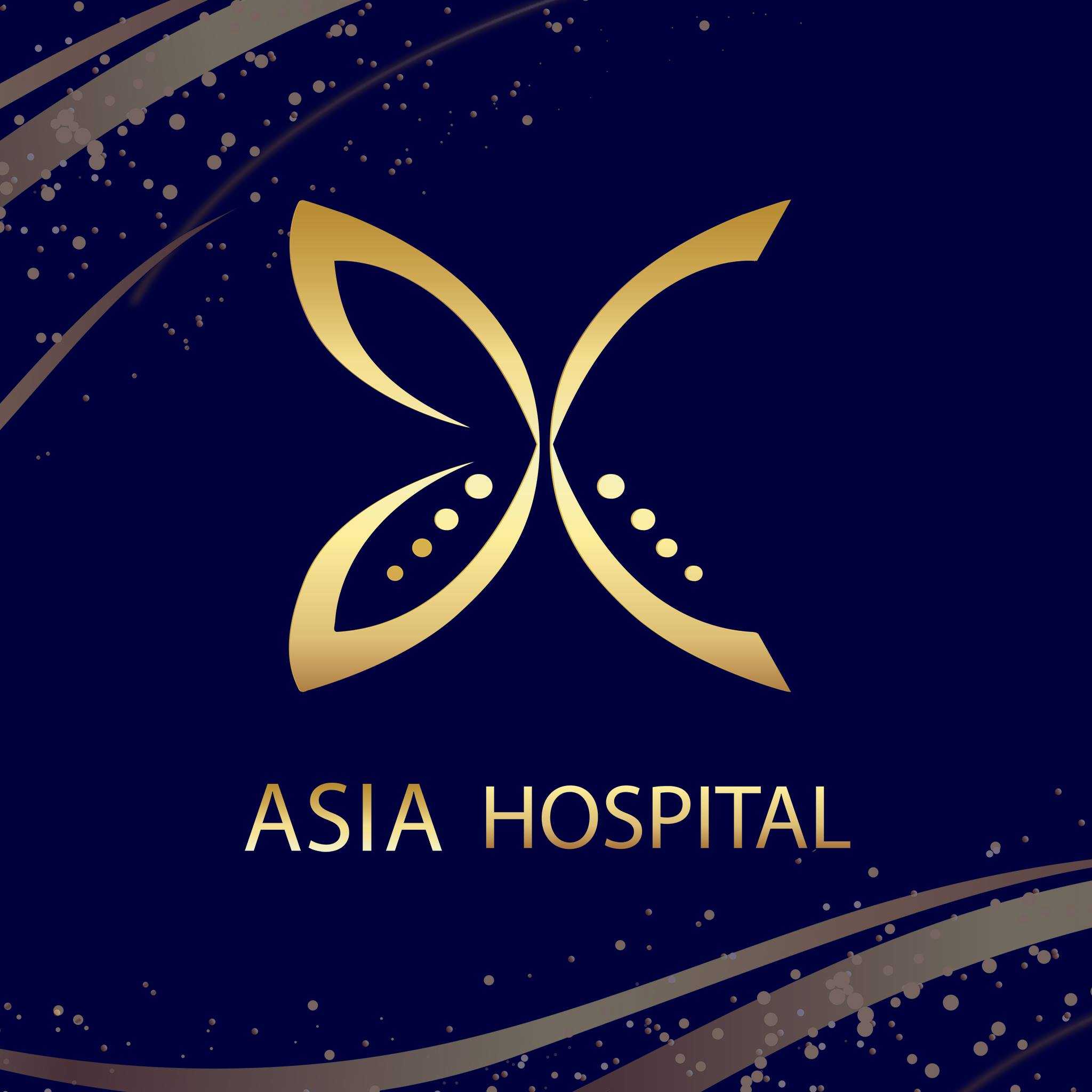Understand Liposuction Fat Removal Limits in Thailand
.jpg)
Considering liposuction in Thailand is a popular choice for many individuals seeking to refine their body shape and remove stubborn fat deposits. It's natural to wonder, "How much fat can actually be removed?" This is a crucial question, as safety is always paramount in any cosmetic procedure.
Generally, surgeons in Thailand adhere to international safety guidelines, which typically recommend removing no more than a certain volume of fat in a single session to minimize risks and ensure a smooth recovery. The goal of liposuction is not significant weight loss, but rather body contouring, targeting localized areas of fat that haven't responded to diet and exercise.
Thai clinics are renowned for their high standards of care, experienced surgeons, and modern facilities, making the country a top destination for medical tourists. Understanding the limits of fat removal, what factors influence this, and what to expect throughout the process will help you make an informed decision for your aesthetic journey in Thailand.
What is the typical limit for fat removal in liposuction in Thailand?
Liposuction is a body contouring procedure, not a weight-loss solution. Its primary purpose is to sculpt and reshape specific areas by removing localized fat deposits. The amount of fat that can be safely removed during one session is a critical consideration to prevent complications.
While guidelines exist, the exact volume varies by patient and surgeon. Thai surgeons, like their international counterparts, prioritize patient safety above all else. They follow established medical protocols that suggest a conservative approach to fat removal.
Removing excessive amounts of fat in one go can significantly increase the risks of complications, including fluid shifts, blood loss, and anesthesia-related issues. Therefore, your surgeon will thoroughly evaluate your health, BMI, and the target areas to determine a safe and effective volume for your liposuction in Thailand.
Is there a maximum amount of fat that can be safely removed?
The concept of a maximum safe limit is central to responsible liposuction practice. The American Society of Plastic Surgeons (ASPS) generally advises against removing more than 5 liters of total aspirate (which includes fat, blood, and tumescent fluid) in an outpatient procedure.
While this is a common benchmark, the precise limit can be influenced by various factors. For larger volumes of fat removal, often termed "mega-liposuction," the procedure typically needs to be performed in a hospital setting with overnight observation to manage potential fluid shifts and monitor the patient closely.
Thai hospitals and clinics adhere to these international safety standards, ensuring that even if a patient requires a larger volume removal, it is done under the safest possible conditions with appropriate medical support readily available.
What factors determine how much fat can be removed in a single liposuction session?
Determining the safe volume of fat removal is a highly individualized process that involves a comprehensive assessment by your surgeon. Here are the key factors considered:
- Patient's Overall Health: General health, including any pre-existing medical conditions like heart disease, diabetes, or blood clotting disorders, will significantly influence the surgical plan. Healthier patients generally tolerate larger fat removal volumes better.
- Body Mass Index (BMI): A higher BMI doesn't necessarily mean more fat can be removed. Liposuction is most effective for individuals near their ideal weight with localized fat deposits. Patients with very high BMIs may be advised to lose weight first.
- Skin Elasticity: Good skin elasticity is vital for achieving smooth, natural-looking results after fat removal. If the skin lacks elasticity, removing a large amount of fat can lead to loose, sagging skin, necessitating additional procedures like a tummy tuck.
- Number and Size of Treatment Areas: Treating multiple large areas in a single session can increase the total fat volume removed, potentially elevating risks. Surgeons often recommend staging procedures if many areas need significant contouring.
- Surgeon's Experience and Technique: An experienced plastic surgeon will accurately assess the safe limits for each patient and employ techniques that minimize trauma and maximize safety, ensuring optimal results for liposuction in Thailand.
- Realistic Expectations: Patients should have realistic expectations about the outcomes. Liposuction is for contouring, not drastic weight loss.
Is liposuction in Thailand safe?
Thailand has emerged as a global leader in medical tourism, renowned for its high-quality healthcare services, experienced medical professionals, and modern hospitals. The safety of liposuction in Thailand is a key reason for its popularity.
Reputable clinics and hospitals in major cities like Bangkok and Phuket are often internationally accredited, ensuring they meet rigorous standards for patient safety, hygiene, and medical expertise. Before undergoing liposuction, it's crucial to research and choose a board-certified plastic surgeon with extensive experience in the procedure.
These surgeons operate in accredited facilities equipped with advanced technology and follow strict safety protocols, including comprehensive pre-operative assessments, meticulous surgical techniques, and attentive post-operative care. Like any surgical procedure, there are inherent risks, but choosing the right provider significantly mitigates these concerns, making liposuction in Thailand a safe option for many.
What are the risks associated with removing too much fat?
While liposuction is a generally safe procedure when performed correctly, exceeding the recommended fat removal limits can introduce serious health risks. These risks underscore why surgeons are cautious about the volume of fat they remove in a single session. Potential complications of removing too much fat include:
- Fluid and Electrolyte Imbalances: The body's fluid balance can be disrupted, leading to serious health issues.
- Excessive Blood Loss: Removing large volumes of tissue can lead to significant blood loss, potentially requiring transfusions.
- Prolonged Recovery and Swelling: Larger removal volumes typically mean more extensive tissue trauma, resulting in longer healing times and more persistent swelling and bruising.
- Skin Irregularities and Deformities: Over-suctioning an area can result in uneven contours, dimpling, or a 'scooped-out' appearance, which can be difficult to correct.
- Infection: Any surgical procedure carries an infection risk, which can be heightened with more extensive tissue manipulation.
- Fat Embolism: A rare but serious complication where fat particles enter the bloodstream and travel to the lungs or brain.
These risks highlight the importance of choosing an experienced surgeon who prioritizes patient well-being and adheres to safe surgical limits for liposuction in Thailand.
How much does liposuction cost in Thailand?
One of the compelling reasons many individuals choose Thailand for liposuction is the significant cost savings compared to Western countries, without compromising on quality or safety. The overall cost will vary based on several factors:
| Factor | Influence on Cost |
|---|---|
| Number of Areas Treated | Treating multiple areas (e.g., abdomen, thighs, arms) will increase the total cost. |
| Volume of Fat Removed | Larger volumes or more extensive procedures may incur higher fees. |
| Clinic and Surgeon's Reputation | Renowned surgeons and internationally accredited clinics often have higher fees. |
| Anesthesia Fees | Costs for anesthesia and anesthesiologist services are included. |
| Pre/Post-operative Care | This typically covers consultations, follow-up appointments, and sometimes compression garments. |
It's essential to get a detailed quote from your chosen clinic that outlines all inclusions to avoid hidden costs. Many packages for liposuction in Thailand offer comprehensive care, making the budgeting process straightforward for international patients.
Who is an ideal candidate for liposuction in Thailand?
Liposuction is not a universal solution for weight loss but a targeted procedure for body contouring. The best results are seen in individuals who meet specific criteria. If you're considering liposuction in Thailand, assessing if you're an ideal candidate is the first step towards a successful outcome. Key characteristics of an ideal candidate include:
- Good General Health: Free from serious medical conditions that could increase surgical risks or impair healing.
- Stable Weight: Near your ideal body weight with no significant fluctuations in the recent past. Liposuction is not a weight-loss tool but for refining body shape.
- Localized Fat Deposits: Persistent pockets of fat that haven't responded to diet and exercise, such as on the abdomen, flanks, thighs, or arms.
- Good Skin Elasticity: Healthy, elastic skin will retract smoothly after fat removal, leading to a firmer, more contoured appearance. Poor elasticity can result in loose skin.
- Non-Smoker: Smoking can impair circulation and healing, increasing complication risks.
- Realistic Expectations: Understanding that liposuction offers improvement, not perfection, and requires maintaining a healthy lifestyle for lasting results.
A thorough consultation with a Thai plastic surgeon will determine your suitability for the procedure.
What is the recovery process like after liposuction in Thailand?
The recovery process after liposuction is a crucial part of achieving optimal results. While the initial days involve some discomfort and swelling, adhering to your surgeon's post-operative instructions is vital for a smooth and effective healing journey. Here's a general overview of what to expect during recovery from liposuction in Thailand:
- Immediately After Surgery: You will likely have drainage tubes in place for a short period and be fitted with a compression garment. Mild to moderate pain is common, managed with prescribed medication.
- First Week: Swelling and bruising will be most noticeable. You should rest but also take short, gentle walks to promote circulation and prevent blood clots. Avoid strenuous activities.
- Weeks 2-4: Swelling gradually subsides, though some may persist. Continue wearing your compression garment diligently. Most patients can return to light work or daily routines.
- Months 1-3: Significant improvement in swelling and contour will be visible. Strenuous exercise can usually be resumed. The skin continues to contract and conform to the new contours.
- 6 Months and Beyond: Final results become apparent as all residual swelling resolves and the skin fully settles. Maintaining a healthy lifestyle is key to preserving your new shape.
Your Thai medical team will provide detailed aftercare instructions and be available for follow-up consultations to ensure your recovery progresses well.
Can I combine liposuction with other procedures in Thailand?
Combining cosmetic procedures is a popular option in Thailand, often referred to as a "mommy makeover" or comprehensive body contouring. This approach allows patients to address multiple aesthetic concerns in a single surgical session, potentially reducing overall downtime and anesthesia exposure compared to undergoing separate procedures. Common combinations with liposuction include:
- Tummy Tuck (Abdominoplasty): Liposuction is frequently performed alongside a tummy tuck to remove excess fat from the abdomen and flanks, while the tummy tuck tightens loose abdominal skin and muscles.
- Brazilian Butt Lift (BBL): This procedure involves using fat removed via liposuction from areas like the abdomen or thighs to enhance the shape and volume of the buttocks.
- Breast Augmentation or Lift: Liposuction can be combined with breast procedures to achieve a more balanced and harmonious body silhouette.
- Arm or Thigh Lift: For patients with significant skin laxity after fat removal, a lift procedure can remove excess skin for a smoother contour.
Your surgeon in Thailand will discuss the safety and feasibility of combining procedures during your consultation, ensuring that the combined approach is appropriate for your health and aesthetic goals.
Why choose Thailand for liposuction and medical tourism?
Thailand has established itself as a premier destination for medical tourism, attracting thousands of patients annually seeking high-quality and affordable cosmetic procedures like liposuction. Several factors contribute to its popularity:
- Expert Medical Professionals: Thai plastic surgeons are often internationally trained, board-certified, and possess extensive experience in a wide range of cosmetic procedures, including advanced liposuction techniques.
- State-of-the-Art Facilities: Hospitals and private clinics in Thailand boast modern infrastructure, cutting-edge medical technology, and adhere to international safety and hygiene standards. Many are accredited by organizations like the Joint Commission International (JCI).
- Affordable Costs: The cost of liposuction in Thailand is considerably lower than in Western countries, often 50-70% less, making high-quality cosmetic surgery accessible to a broader demographic.
- Exceptional Patient Care and Hospitality: Thai culture is known for its warmth and hospitality. Patients receive attentive, personalized care, often with dedicated international patient coordinators to assist with every step of their medical journey.
- Recovery in a Vacation Setting: The opportunity to recover in a beautiful, relaxing environment is a significant draw. Thailand's stunning beaches, vibrant cities, and tranquil resorts provide an ideal backdrop for post-operative rest and recuperation.
- Ease of Travel: Thailand is easily accessible from most parts of the world, with well-developed tourism infrastructure.
Choosing Thailand for your liposuction means combining top-tier medical care with a unique travel experience. To explore solutions related to medical tourism, healthcare services, or other relevant offerings, please visit PlacidWay.




.png)




.png)
.png)








Share this listing